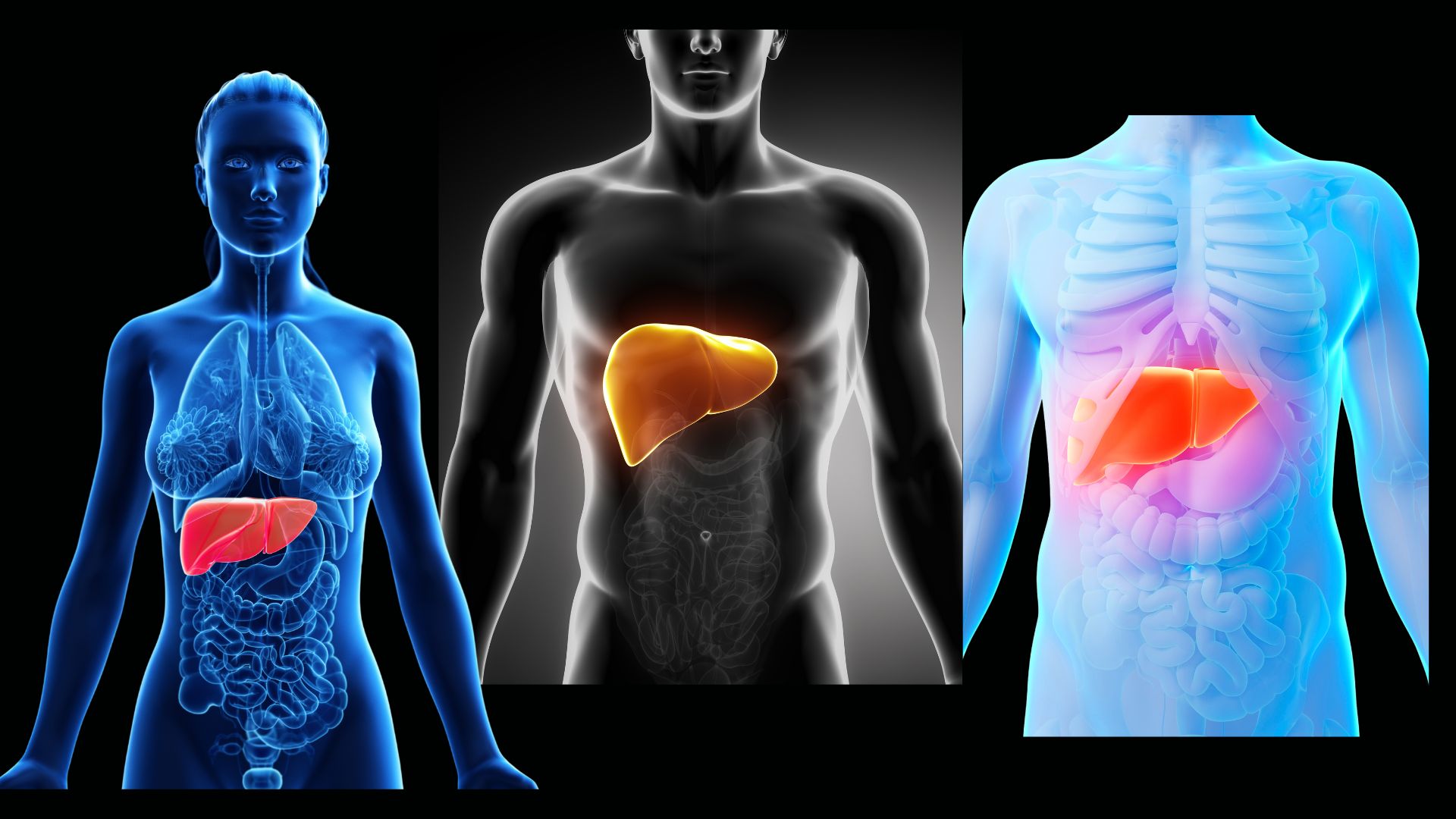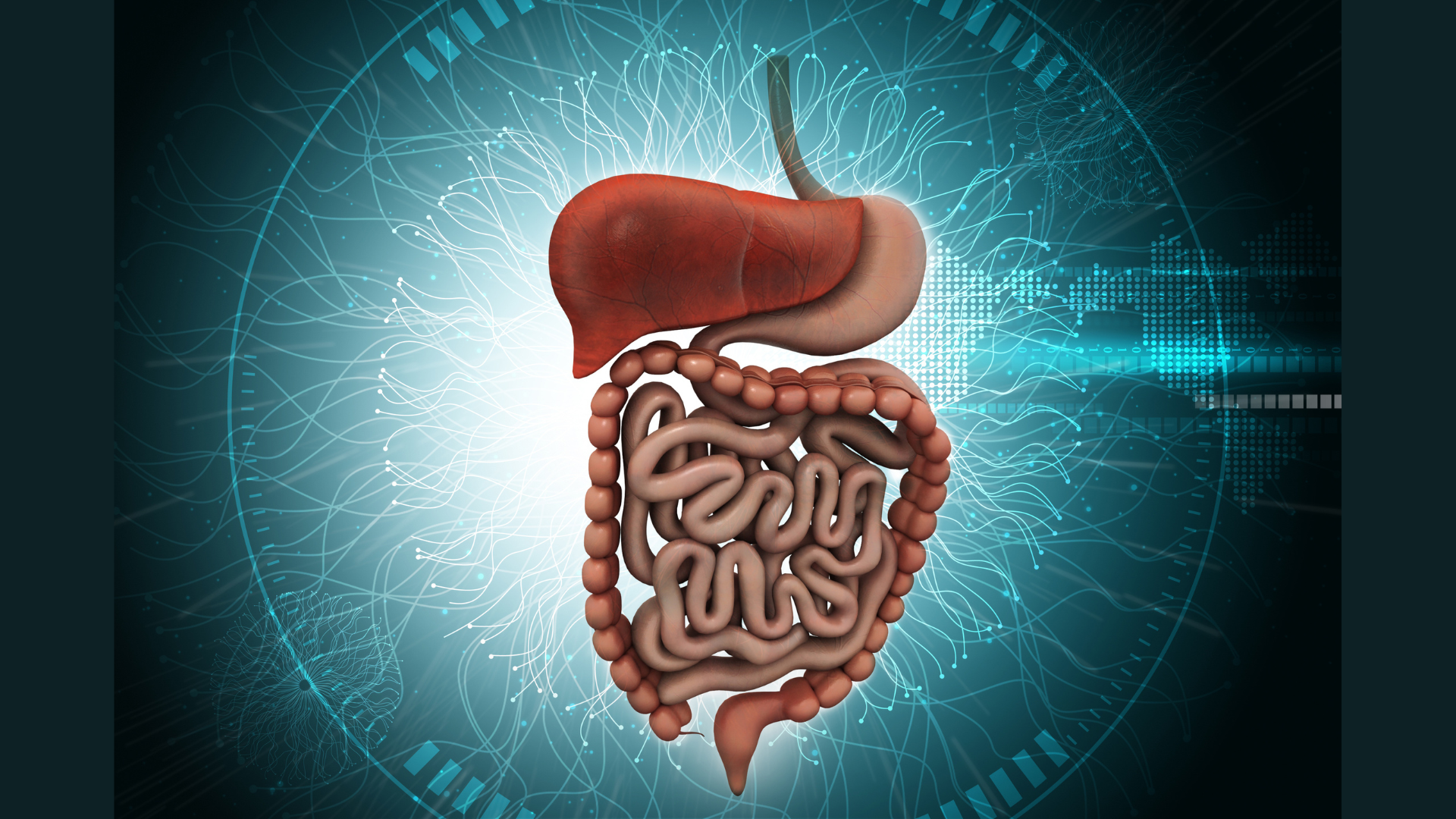Managing Diabetes
Managing diabetes can be tricky. Learning how to control and manage your symptoms and help your body balance can be enhanced with the right diet.

Here are 5 nutrition tips to helps diabetics to maximize health.
1. Eat plenty of fiber. High fiber diets (including fiber supplements) help to reduce the bad cholesterol levels associated with type 2 diabetes. The best sources are fruits, vegetables and whole grain cereals.
Use whole grain, organic cereals and breads because the less processing involved in the making of the food, the better.
2. Eat complex carbohydrates. Again, this would translate to high fiber foods and plenty of fresh fruits and vegetables. This would be for the same reason as above. Perhaps they also mean to point out that the complex carbs of whole grains products will convert to glucose at a much slower rate than highly processed foods made with white flour. This ties in to the next “tip” of eating low GI or Glycemic Index foods.
3. Eat Low GI foods. Low glycemic index foods will create only a gradual rise in blood sugar. This avoids the “spiking” of insulin that can be a serious health threat. In addition, these types of foods also lower the bad (LDL) cholesterol levels. You might recognize these types of foods; whole grain breads, whole grains, fresh fruits and vegetables.
4. Consume pleanty of omega-3 fatty acids. This is what many nutritional counselors and alternative health practitioners have been saying for decades. Omega-3’s also help to lower bad cholesterol and have also been shown to protect from heart disease and protect your cells. This in turn benefits your brain, eyes, skin, and even your adrenals, which balances your hormonal functions.
However, I would like to point out that we shouldn’t only focus on omega-3’s but omega-6’s as well. Every body needs both to function and, as with any nutrient, it’s best to get it from a variety of sources. A few of these are fish like mackerel, halibut, and cod. Also use olive oil, avocadoes and EFA (Essential Fatty Acid) supplements like from flax oil and wheat germ oil. You can find a variety of these whole food supplements in the refrigerated section of your local health food store. (A tip; if you buy a fish oil, the capsule form will leave less bad taste. Any others such as flax oil, add a nice flavor to diluted fruit juice.)
5. Eat magnesium-rich foods. It has been shown that magnesium may influence the release and activity of insulin and blood sugar. Another benefit that we would all be interested in is that magnesium is essential for good heart health. Low magnesium levels have been associated with atherosclerosis, abnormal blood clots, damaged arteries and higher risk of diabetes.
Good sources of magnesium include pumpkin and squash, brazil nuts, halibut, quinoa, spinach and nuts such as cashews, pine nuts, and almonds. Of course the fresher and less processed, the better.
Share these health tips with a friend you care about, and good health!




